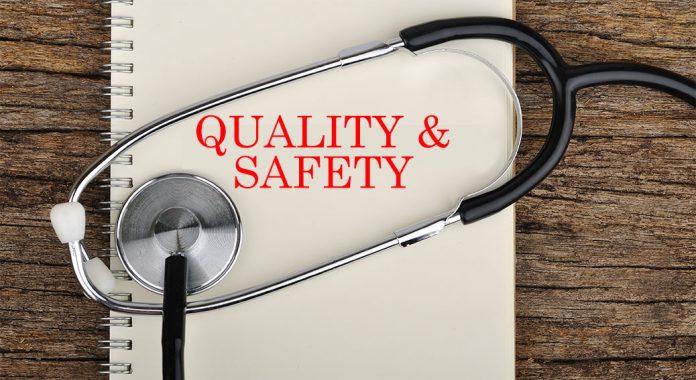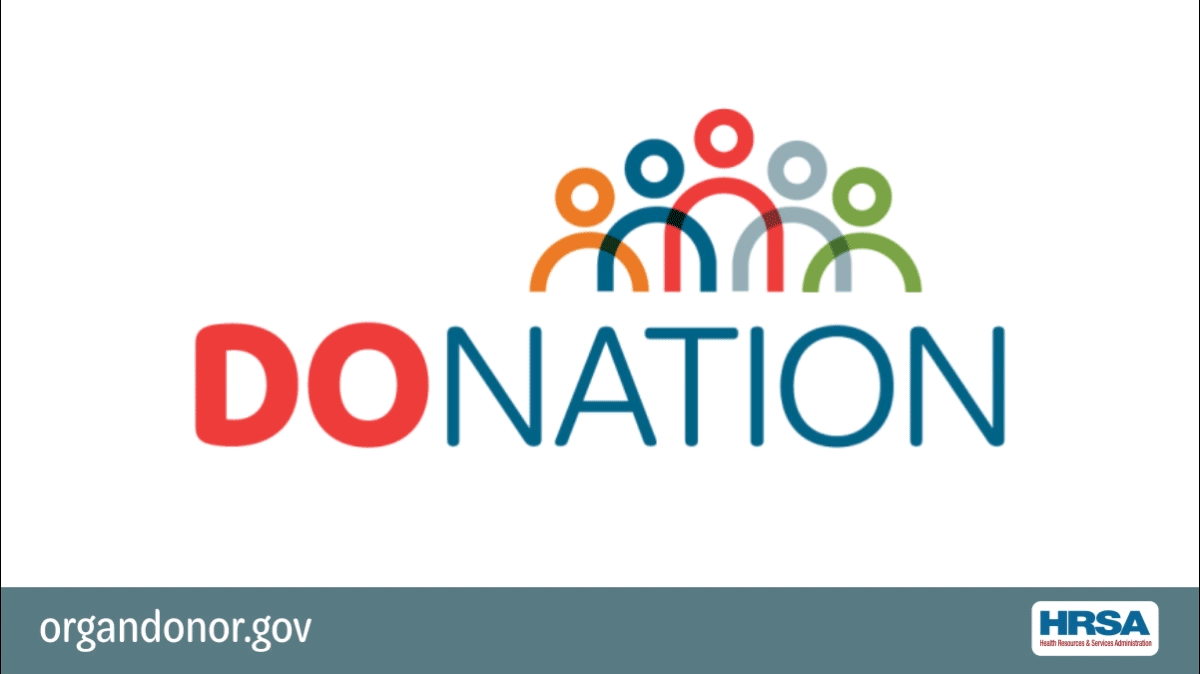
The Centers for Medicare & Medicaid (CMS), Quality, Safety and Oversight Group (QSO) recently released a revised memo on the requirements of a health care facility to reduce Legionella risk in water systems and the outbreak of Legionnaires’ Disease (LD). The memorandum has been revised to clarify expectations for providers, accrediting organizations and surveyors.
CMS expects hospitals, critical access hospitals and nursing home health care facilities to have water management policies and procedures in place to reduce the risk of growth and spread of Legionella and other opportunistic pathogens in building water systems. The water management plan and documentation, at a minimum, must ensure:
- A facility risk assessment is conducted to identify where Legionella and other opportunistic waterborne pathogens could grow and spread in the facility water system.
- The development and implementation of a water management program that considers the ASHRAE industry standard and the CDC toolkit.
- Testing protocols and acceptable ranges for control measures are specified, the results of testing and corrective actions are documented and taken when control limits are not maintained.
- Compliance with other applicable federal, state and local requirements.
CMS noted that they are not requiring water cultures for Legionella or other opportunistic water borne pathogens. Testing protocols are at the discretion of the provider.
Long term care (LTC) surveyors will expect that a water management plan (which includes a facility risk assessment and testing protocols) is available for review but will not cite the facility based on the specific risk assessment or testing protocols in use. Further LTC surveyor guidance and processes will be communicated in an upcoming survey process computer software update.






